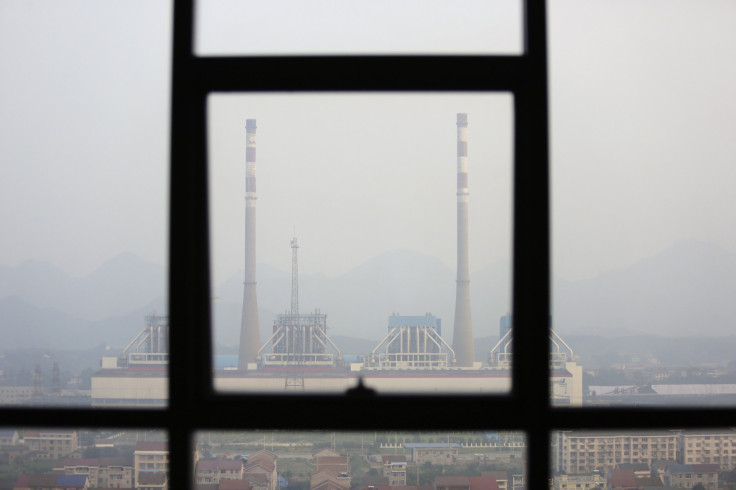Republicans Criticize Obama, China Climate Change Deal

WASHINGTON – Republicans are not pleased with the deal President Barack Obama struck with China to reduce carbon emissions to address global warming. The announcement was met with a flurry of strongly worded statements from members of Congress, many of whom campaigned against previous efforts by the president to lower emissions.
“This unrealistic plan, that the president would dump on his successor, would ensure higher utility rates and far fewer jobs,” said Sen. Mitch McConnell, who is expected to become the majority leader in January. “The president said his policies were on the ballot, and the American people spoke up against them.”
Add climate change to the list of issues that are deepening the divide between Obama and the Republicans who now control Congress. And while there are some issues that create a chance for common ground – for instance, some Republicans support immigration reform – when it comes to addressing climate change, there are few signs there could be compromise. It's been only one week since the midterm elections and talk of bipartisanship, and more attention is being paid to the issues where Democrats and Republicans adamantly disagree than those where they might agree.
Knowing Congress wouldn’t get on board, last year Obama instituted several changes meant to control climate change through regulations that didn’t need Congressional approval. Republicans were livid, saying the regulations exceeded the authority of the Environmental Protection Agency. They vowed to undo them once taking over Congress.
“Republicans have consistently passed legislation to rein in the EPA and stop these harmful policies from taking effect, and we will continue to make this a priority in the new Congress,” House Speaker John Boehner said.
But now Obama has fueled the fire. Republican critics called the deal a cover for Obama to implement stricter regulations in the U.S. while giving China 15 years to deal with their own emissions.
"When the president talks about lowering global carbon emissions -- what's he's really saying is he wants to push through his failed cap-and-trade policy that will make energy prices skyrocket here at home,” said Louisiana Sen. David Vitter, the top Republican on the Environment and Public Works Committee. “There's nothing ‘breakthrough’ about Obama's attempt to pass failed policy, or having China tell us that maybe in 15 years they’ll try to reduce their emissions.”
The enraged GOP senator was quick to point out that since Obama’s party lost the midterm elections, he can't claim to have a mandate.
“Americans sent a clear message last week when they rejected President Obama’s agenda, including his administration’s burdensome energy regulations and policies,” Sen. Roy Blunt, R-Mo., said. “In response, the president ignored voters and is trying to do an end-run around Congress by negotiating this improbable plan.”
Republicans have focused on the issue of jobs during the debate over climate change. The emission standards that have been enacted, they argue, are damaging the energy sector.
“President Obama’s agreement with China is a bad deal for hardworking American families and promises to deliver a gut punch to middle-class families harder and sooner than he vowed before the election,” Sen. John Thune, R-S.D., said.
Republican Sen. John Barrasso of Wyoming echoed that sentiment. “Once again, this administration is putting American workers and our economy at a tremendous disadvantage to the rest of the world,” he said. “Obama’s and Secretary [John] Kerry’s focus on building their international legacy shouldn’t be at the expense of the American people.”
© Copyright IBTimes 2024. All rights reserved.












